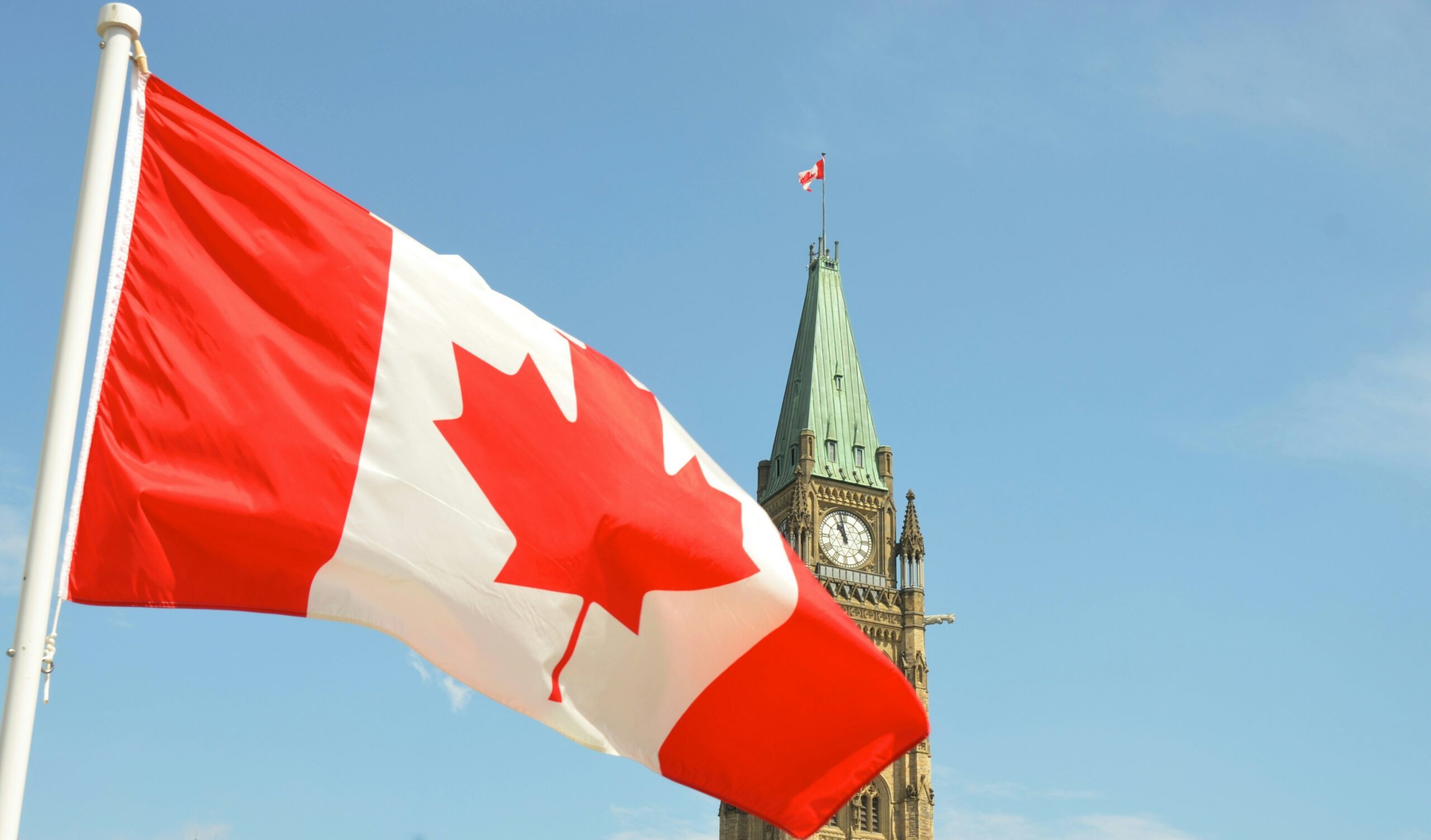In a stunning reversal, the centrist Liberal Party of Canada has emerged the victor in the April 28 elections.
The opposition Conservatives started 2025 enjoying a 25-point lead in the polls, and fully expected to replace the Liberals, which were severely limping after former PM Justin Trudeau’s 10-year premiership. Conservative Leader Pierre Poilievre also lost his seat, which he had held for 20 years, in the Ottawa region last night.
However, with U.S. President Donald Trump repeatedly menacing Canada with annexation, the interim Prime Minister Mark Carney – who at the time of his appointment held no parliamentary seat – apparently convinced Canadian voters that he would be able to manage this fractious relationship better than his competitors.
At the time of publication, with 99% of polls reported, the Liberals are set to form a minority government, and will need to form an alliance with either the New Democratic Party or the Bloc Quebecois to govern.

Key Liberal policies and promises
Industrial carbon tax
One of Mark Carney’s first actions as interim prime minister was to shelve the consumer carbon tax, which had been implemented in 2019.
Carney pointed to livability concerns among Canadians as one of the reasons for eliminating the carbon tax. It was also one of the main policy planks of Conservative leader, who had vowed to “axe the tax.”
The industrial carbon tax, however, is still in operation. Carney has vowed to retain this tax, as well as developing a carbon adjustment mechanism (CBAM), similar to that introduced in the EU since 2023. The UK has also made steps to introduce their own CBAM.
These CBAM regulations reduce carbon emissions from imported goods, and create a market incentive for companies outside countries with CBAM regulations to decarbonize.
Energy
Energy security and energy development were also a major issue on the campaign trail, similar to previous elections given Canada’s position as a major oil and gas producer.
Carney vowed to make Canada a “leading energy superpower” and to “aggressively develop projects that are in the natural interest.”
Energy projects would be decided on three factors: energy security, trade diversification, and long-term competitiveness.
While Carney did signal support for pipelines, he specified that he would support “low risk” and “low emission” oil.
Given Carney’s expertise in climate policies and climate science, it is entirely possible that expressing support for pipelines was solely a campaign positioning designed to keep Western, pro-fossil fuels seats in play for the Liberal Party.
However, it’s just as likely that Carney will continue with oil and gas production, and he did not commit to an emissions cap while on the campaign trail.
“My government will work closely with our oil and gas industry to reduce their emissions over time, so that Canadian conventional energy will supply the world for decades to come,” National Observer quoted Carney as saying.
Following his election, Carney said that Canada needs to become “an energy superpower in both clean and conventional energy,” Carbon Brief reported Carney as saying.
Industry
Carney also vowed to “build an industrial strategy that makes Canada more competitive while fighting climate change,” he said in his post-election speech, Environmental Finance reported.
On the campaign trail, Carney lent his support to the construction of an east-west energy grid, that would see hydropower-based provinces such as British Columbia, Manitoba, and Quebec shift excess power to other provinces. Several of these provinces, such as Alberta and Saskatchewan, are powered on fossil fuels, and creating this grid would alleviate this dependence.
The Pembina Institute, an energy-focused think tank, called on the new government to commit to electrification, in a 2025 policy brief.
The new government needs to invest in modernizing the electricity grid, expand the use of renewables and clean energy sources, and shift domestic demand from oil and gas to electricity, the Pembina Institute said, pointing out how this policy would also result in greater energy security for Canada.
Climate group hails electoral result, call for strengthened climate action
The Canadian Climate Institute congratulated Mark Carney and the Liberals on their election victory.
“Canada has an opportunity to act on climate change in ways that grow our economy and support Canadian innovation, invest in our communities, capitalize on our competitive advantages, and expand our trade horizons,” CCI President Rick Smith said in a statement.
Smith also called on the federal government to strengthen the industrial carbon price, implement methane regulations for oil and gas, and enact the Clean Electricity Tax Credit.







